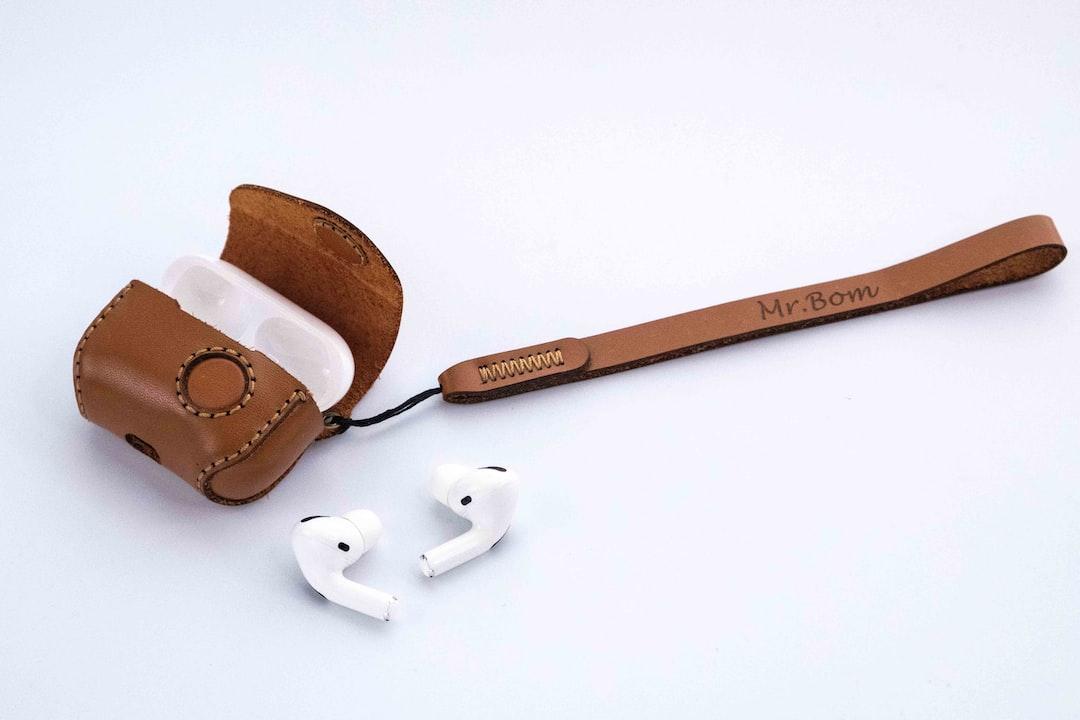The competition for the next generation of wearable AI devices is heating up, with tech giants Meta, Google, Microsoft, OpenAI, and Apple all working on their own AI devices. This article, sourced from The Information and translated by Founder Park, provides an overview of the work being done by these companies in the field of AI devices.
Google is focusing on integrating its visual and language-related AI technologies into smart glasses and other wearable devices. They are developing small models that can be directly integrated into smartphones and are also considering incorporating object recognition capabilities from their GPT-4 Vision into smart glasses.
OpenAI, supported by Microsoft, is exploring the development of a new AI consumer device. They have already showcased the ability of their ChatGPT model to build a website based on hand-drawn sketches and are interested in partnering with manufacturers or AI chip design companies.
Microsoft is making significant progress in the field of multimodal AI and is developing AI software for their HoloLens, which can identify objects using the front-facing camera of the device. They are also working on smaller models for lightweight and affordable smart glasses or other hardware devices.
Apple is ready with the hardware for their Vision Pro, but their AI development has been slower compared to their competitors. They are currently researching multimodal models that can recognize images and videos, but the Vision Pro may not initially have complex object recognition or other multimodal capabilities.
Meta, the company behind Ray-Ban smart glasses, is testing multimodal features in the second generation of their product. They believe that these glasses, powered by Qualcomm’s new chip, can combine digital images with the real world and offer new experiences to consumers.
Amazon’s Alexa team is also working on a new device that can execute multimodal AI tasks. The team is focused on reducing the computational and memory requirements for processing images, videos, and voice on the device.
Overall, these tech giants are optimistic about the potential of wearable AI devices, particularly smart glasses, and are investing in the development of multimodal AI technologies. While there are still challenges to overcome, such as size limitations and privacy concerns, they believe that these devices can revolutionize our daily lives by providing revolutionary AI assistants capable of tasks beyond what smartphones can currently offer.


